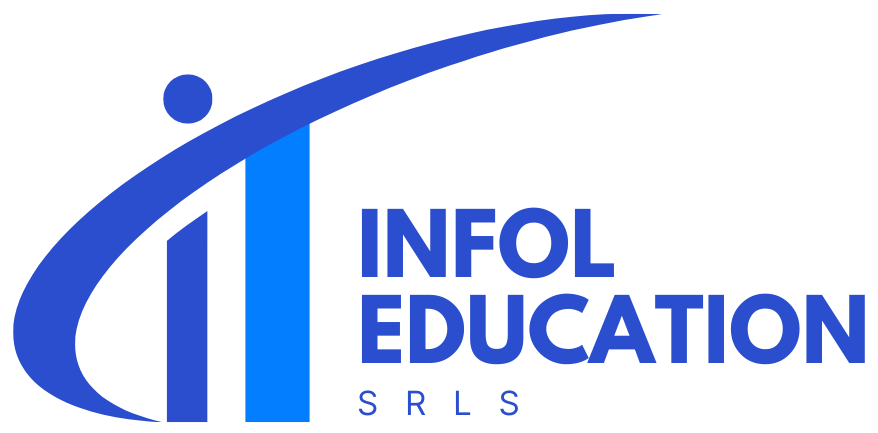Inquiry-Based Learning (IBL) is an engaging and student-centered approach that encourages critical thinking, problem-solving, and active exploration. This course aims to equip teachers and educators with practical strategies to implement IBL effectively in their classrooms. Participants will learn how to design inquiry-driven lessons, foster curiosity, and promote deeper understanding among students.
The primary objective of this training course is to equip teachers with the knowledge, skills, and strategies necessary to implement effective inquiry-based learning approaches in their classrooms. Through a series of engaging activities and discussions, participants will deepen their understanding of inquiry-based learning principles and develop practical techniques for integrating this approach into their teaching practice.
Activities:
- Introduction to Inquiry-Based Learning (4 hours)
- Overview of inquiry-based learning: Definition, principles, and benefits.
- Case studies and examples of successful implementation.
- Discussion on the role of the teacher as a facilitator in an inquiry-based classroom.
- Interactive group activity: Brainstorming session on potential challenges and solutions in implementing inquiry-based learning.
- Designing Inquiry-Based Learning Activities (4 hours)
- Understanding the inquiry process: Questioning techniques, research skills, and problem-solving.
- Hands-on activity: Participants will collaborate to design inquiry-based lesson plans for their subject areas.
- Peer review and feedback: Participants will share their lesson plans and receive constructive feedback from their peers and facilitators.
- Facilitating Inquiry-Based Learning (4 hours)
- Effective facilitation strategies: fostering curiosity, guiding investigations, and promoting critical thinking.
- Role-playing scenarios: Participants will engage in role-play exercises to practice facilitating inquiry-based learning activities.
- Reflection and discussion: Debriefing on the role-play experiences and identifying effective facilitation techniques.
- Assessment in Inquiry-Based Learning (4 hours)
- Assessment strategies aligned with inquiry-based learning objectives.
- Formative vs. summative assessment: Techniques for assessing student progress and understanding throughout the inquiry process.
- Group activity: Participants will develop assessment rubrics for inquiry-based projects and activities.
- Implementation and Reflection (4 hours)
- Action planning: Participants will create personalized action plans outlining how they will integrate inquiry-based learning into their teaching practice.
- Peer collaboration: Small group discussions to share implementation strategies and receive input from colleagues.
- Reflection and closing: Participants will reflect on their learning journey throughout the course and identify next steps for ongoing professional development in inquiry-based learning.
Course Benefits:
- Enhance teaching effectiveness through student-centered learning.
- Foster critical thinking, creativity, and problem-solving skills.
- Build a supportive network of educators passionate about IBL.
Upcoming sessions
Location: Roma
- September 2024: Week 4 (September 23 – 27)
- November 2024: Week 1 (October 28 – November 1)
- November 2024: Week 5 (November 25 – 29)
- February 2025: Week 1 (February 3 – 7)
- March 2025: Week 1 (March 3 – 7)
- April 2025: Week 2 (April 7 – 11)
- May 2025: Week 2 (May 12 – 16)
- June 2025: Week 2 (June 9 – 13)
- July 2025: Week 3 (July 14 – 18)
- September 2025: Week 3 (September 15 – 19)
- November 2025: Week 4 (November 24 – 28)





